Introduction
Tokenization is the process of converting ownership rights of physical or intangible assets into digital tokens on a blockchain. These tokens, representing fractional or whole ownership of assets such as real estate, commodities, financial instruments, intellectual property, or collectibles, enable seamless trading, enhanced liquidity, and broader accessibility.
In 2025, tokenization is a cornerstone of decentralized finance (DeFi), with the tokenized asset market projected to reach $10 trillion by 2030, driven by advancements in blockchain scalability and regulatory frameworks.
This guide provides a definitive resource for investors and stakeholders, exploring the benefits, use cases, regulatory landscape, challenges, and future outlook of real-world asset (RWA) tokenization.
Benefits of Tokenization
Tokenization revolutionizes asset ownership by leveraging blockchain technology to address limitations in traditional financial systems.
Increased Liquidity
- Fractional Ownership: Illiquid assets, such as real estate or fine art, are divided into smaller, tradeable tokens, enabling investors to buy and sell fractions without large capital commitments. For example, a $1 million property can be tokenized into 10,000 shares, with investments starting at $100.
- Global Trading: Blockchain platforms facilitate 24/7 trading across borders, connecting global buyers and sellers, thus enhancing market liquidity.
- Market Impact: In 2025, tokenized real estate platforms reported a 50% increase in secondary market trading volume compared to 2024.
Greater Accessibility
- Democratized Investment: Fractional ownership lowers entry barriers, allowing retail investors to participate in high-value asset classes traditionally reserved for institutional or high-net-worth individuals.
- Inclusivity for Unbanked Populations: With only a digital wallet and internet access, unbanked individuals can invest in tokenized assets, fostering financial inclusion.
- Example: Platforms like RealT enable investments in U.S. rental properties starting at $50, broadening access to real estate markets.
Enhanced Transparency and Security
- Immutable Records: Blockchain ensures all transactions and ownership records are recorded transparently and immutably, reducing fraud and disputes.
- Smart Contract Automation: Smart contracts enforce ownership rules, automate transfers, and eliminate human error, enhancing trust.
- Security Measures: Audited smart contracts and decentralized identity (DID) protocols minimize risks, with platforms like Securitize integrating real-time compliance checks.
Cost Efficiency
- Reduced Intermediaries: Tokenization eliminates intermediaries like brokers, escrow agents, and clearinghouses by automating processes via smart contracts, lowering transaction fees by up to 70% compared to traditional systems.
- Operational Streamlining: Blockchain platforms reduce administrative overhead, enabling faster settlements and lower costs for issuers and investors.
- Case Study: In 2025, tokenized bond issuance by Societe Generale reduced settlement costs by 60% compared to traditional methods.
Use Cases and Examples
Tokenization spans diverse asset classes, each leveraging blockchain to unlock new investment opportunities.
Real Estate Tokenization
- Fractional Ownership: Tokenizing real estate divides properties into tradeable shares, enhancing liquidity and accessibility. Platforms like RealT and SolidBlock allow investors to buy fractions of properties globally, with investments starting as low as $50.
- Transparency and Security: Blockchain records ensure immutable ownership and transaction histories. RealT, for instance, uses Ethereum-based smart contracts audited by Certik to ensure security.
- Case Study: In 2024, a tokenized commercial property in Dubai raised $10 million from 5,000 global investors on the Polygon network, demonstrating scalability and investor interest.
- Trend: In 2025, layer-2 solutions like Arbitrum have reduced transaction fees for real estate tokenization by 80%, driving adoption.
Commodities Tokenization
- Gold and Precious Metals: Platforms like Paxos Gold (PAXG) and Tether Gold (XAUT) offer tokens backed by physical gold, eliminating storage logistics. Each PAXG token represents one troy ounce of gold, stored in LBMA-approved vaults.
- Broader Commodities: Tokenization extends to oil, agricultural products, and rare earth metals. Harbor tokenizes commodity futures, enabling investors to diversify portfolios with minimal capital.
- Benefits: Tokenized commodities offer high liquidity, 24/7 trading, and transparency, with platforms like Paxos reporting a 30% increase in trading volume in 2025.
- Example: Tokenized agricultural contracts on GrainChain enable farmers to sell future harvests directly to investors, improving liquidity and price stability.
Financial Instruments
- Stocks and Bonds: Platforms like tZERO and Securitize tokenize equities and bonds, enabling fractional ownership and secondary market trading. tZERO’s platform supports tokenized stocks with real-time settlement.
- Debt Instruments: Tokenizing mortgages, loans, and corporate debt enhances transparency and efficiency. Figure Technologies tokenizes home equity loans, reducing settlement times from days to minutes.
- Impact: Tokenized bonds issued by the World Bank in 2025 raised $200 million on Ethereum, showcasing institutional adoption.
- Trend: Decentralized derivatives platforms like dYdX integrate tokenized financial instruments, enabling leveraged trading with enhanced liquidity.
Intellectual Property and Royalties
- IP Tokenization: Tokenizing copyrights, patents, and trademarks allows creators to monetize intellectual property. IPwe enables fractional ownership of patents, attracting investors seeking unique assets.
- Royalty Streams: Platforms like Royal tokenize music royalties, allowing artists to raise capital by selling future revenue shares. For example, a musician tokenized their album royalties, raising $500,000 from fans in 2025.
- Benefits: Creators gain liquidity, while investors access income-generating assets with high growth potential.
- Case Study: A tokenized patent portfolio on IPwe generated $1 million in investments, diversifying investor portfolios with IP assets.
Collectibles and Art
- Fractional Ownership: Tokenizing art and collectibles enables fractional ownership of high-value items like paintings or rare memorabilia. Masterworks and Maecenas tokenize artworks, with investments starting at $100.
- Market Liquidity: Blockchain platforms facilitate secondary trading, increasing market efficiency. Masterworks reported a 40% increase in tokenized art trading volume in 2025.
- Case Study: A tokenized Picasso painting on Maecenas sold 15,000 fractional shares, raising $3 million in 24 hours, demonstrating the liquidity of tokenized art.
- Trend: Augmented reality (AR) integrations allow investors to view tokenized art in virtual galleries, enhancing user engagement.
Regulatory Developments
Navigating regulatory frameworks is critical for tokenization’s scalability and adoption, as tokenized assets often fall under securities laws.
Compliance and Security
- Regulatory Requirements: Tokenized assets must comply with securities regulations, anti-money laundering (AML) rules, and know-your-customer (KYC) requirements. Platforms like Securitize integrate on-chain KYC and real-time AML analytics to ensure compliance.
- Smart Contract Audits: Reputable platforms engage firms like Certik and Trail of Bits to audit smart contracts, reducing vulnerabilities and ensuring regulatory adherence.
- Example: In 2025, Securitize’s compliance framework enabled tokenized bond issuance compliant with U.S. SEC regulations, attracting $50 million in institutional investments.
Global Standards
- Emerging Standards: The Global Digital Asset and Cryptocurrency Association is developing global tokenization standards to facilitate cross-border investments and ensure interoperability.
- EU’s MiCA Regulation: The EU’s Markets in Crypto-Assets (MiCA) framework, fully effective in 2025, requires issuers of tokenized assets to register and provide detailed disclosures, enhancing investor protection.
- U.S. Developments: The SEC is clarifying tokenization guidelines, with proposed frameworks for tokenized securities expected by late 2025.
- Impact: Standardized regulations boost investor confidence and enable seamless global trading, with cross-border tokenized asset transactions up 25% in 2025.
Challenges and Opportunities
Tokenization faces technical, regulatory, and adoption hurdles, but these challenges present opportunities for innovation and growth.
Regulatory Compliance
- Challenges: Compliance with diverse jurisdictional laws (e.g., SEC in the U.S., FCA in the UK, MAS in Singapore) adds complexity. Non-compliance risks fines or project shutdowns, as seen in a 2024 SEC enforcement action against an unregistered tokenized real estate platform.
- Opportunities: Platforms adopting robust compliance mechanisms, such as Polymath’s compliance-focused tokenization tools, gain a competitive edge. On-chain KYC/AML solutions streamline regulatory adherence.
- Outlook: As regulatory clarity improves, tokenized assets are expected to integrate into mainstream financial systems, with 30% of global banks piloting tokenization by 2026.
Technological Infrastructure
- Challenges: Tokenization requires scalable blockchain infrastructure to handle high transaction volumes securely. High gas fees on Ethereum have historically deterred retail investors.
- Opportunities: Layer-2 solutions (e.g., Arbitrum, Optimism) and cross-chain interoperability protocols (e.g., Chainlink CCIP) reduce costs and enhance scalability. Arbitrum processed 60% of tokenized asset transactions in 2025, cutting fees by 80% compared to Ethereum mainnet.
- Trend: Zero-knowledge proofs (ZKPs) are being integrated into tokenization platforms to enable private transactions, enhancing user privacy.
Market Adoption
- Challenges: Widespread adoption requires trust from investors, regulators, and traditional institutions. Skepticism about blockchain reliability and regulatory uncertainty can hinder growth.
- Opportunities: Successful pilots, such as tokenized bonds by Societe Generale and JPMorgan’s Onyx platform, demonstrate reliability and build credibility. User-friendly platforms like tZERO accelerate retail adoption.
- Strategy: Education campaigns and partnerships with financial institutions drive adoption, with tokenized asset platforms reporting a 35% increase in user registrations in 2025.
Future Outlook
Tokenization is transforming the DeFi ecosystem by integrating real-world assets, enhancing liquidity, transparency, and inclusivity. Key trends shaping the future include:
- AI-Driven Tokenization: AI tools optimize asset valuation and automate token issuance. SingularityNET uses AI to streamline tokenized real estate valuations, improving accuracy and efficiency.
- Decentralized Identity (DID): DID protocols enhance privacy and compliance, with platforms like uPort enabling secure identity verification for tokenized asset trading.
- Institutional Adoption: Major banks like JPMorgan and HSBC are expanding tokenized asset platforms, with JPMorgan’s Onyx processing $1 billion in tokenized transactions in 2025.
- Cross-Chain Tokenization: Interoperability protocols like Polkadot enable tokenized assets to move across blockchains, increasing flexibility and market reach.
- Prediction: By 2030, tokenized RWAs are expected to account for 10% of global GDP, driven by regulatory clarity, layer-2 scalability, and institutional integration.
Frequently Asked Questions (FAQ)
What is tokenization of real-world assets?
Tokenization converts ownership rights of assets like real estate, commodities, or intellectual property into digital tokens on a blockchain, enabling fractional ownership, trading, and enhanced liquidity.
How does tokenization increase liquidity?
Tokenization divides illiquid assets into tradeable tokens, enabling fractional ownership and 24/7 global trading on blockchain platforms, reducing barriers to entry and exit.
Is tokenized asset trading safe?
Tokenized assets are secure when issued on audited platforms with robust KYC/AML compliance. Risks like smart contract vulnerabilities require due diligence and selecting reputable platforms.
What are the regulatory challenges of tokenization?
Compliance with securities laws, AML, and KYC regulations varies by jurisdiction. Frameworks like MiCA in the EU and emerging SEC guidelines aim to provide clarity and investor protection.
Which platforms lead in real estate tokenization?
RealT, SolidBlock, and Harbor lead in real estate tokenization, offering fractional ownership, transparent records, and compliance with regulatory standards.
How do tokenized assets integrate with DeFi?
Tokenized assets can be used as collateral in DeFi protocols like Aave or traded on DEXs like Uniswap, enhancing liquidity and enabling new investment strategies.
What tax implications apply to tokenized assets?
Trading or earning income from tokenized assets may trigger capital gains or income tax, depending on jurisdiction. Tools like Koinly help track tax obligations.
"Tokenization unlocks a new era of asset ownership, blending accessibility, transparency, and efficiency. Embrace this transformation with informed confidence."
Take the First Step Towards Tokenized Investments
Begin your journey into tokenized assets today. Select a trusted, audited platform, verify its compliance and security, and invest in a future where ownership is democratized. The tokenization revolution is reshaping finance—join it with confidence.
Start now — Your tokenized portfolio awaits!


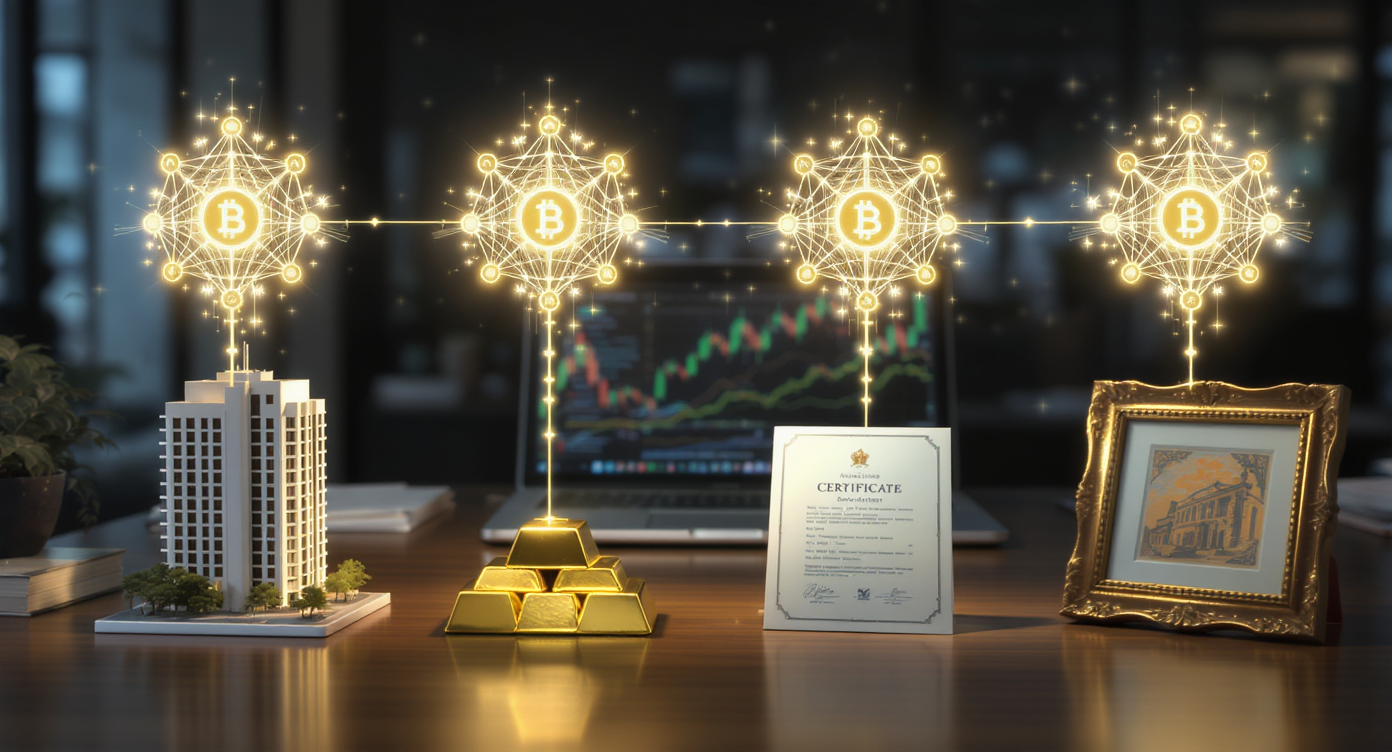





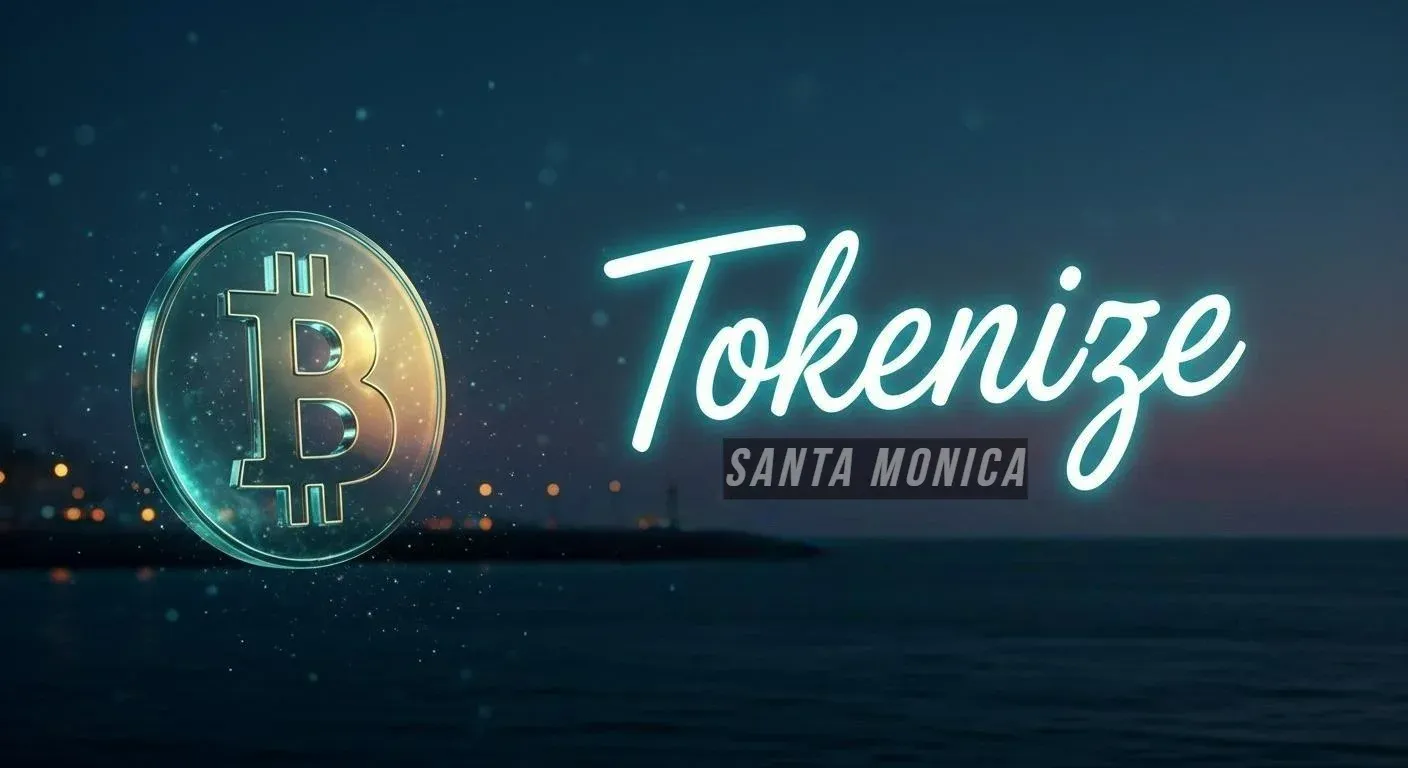
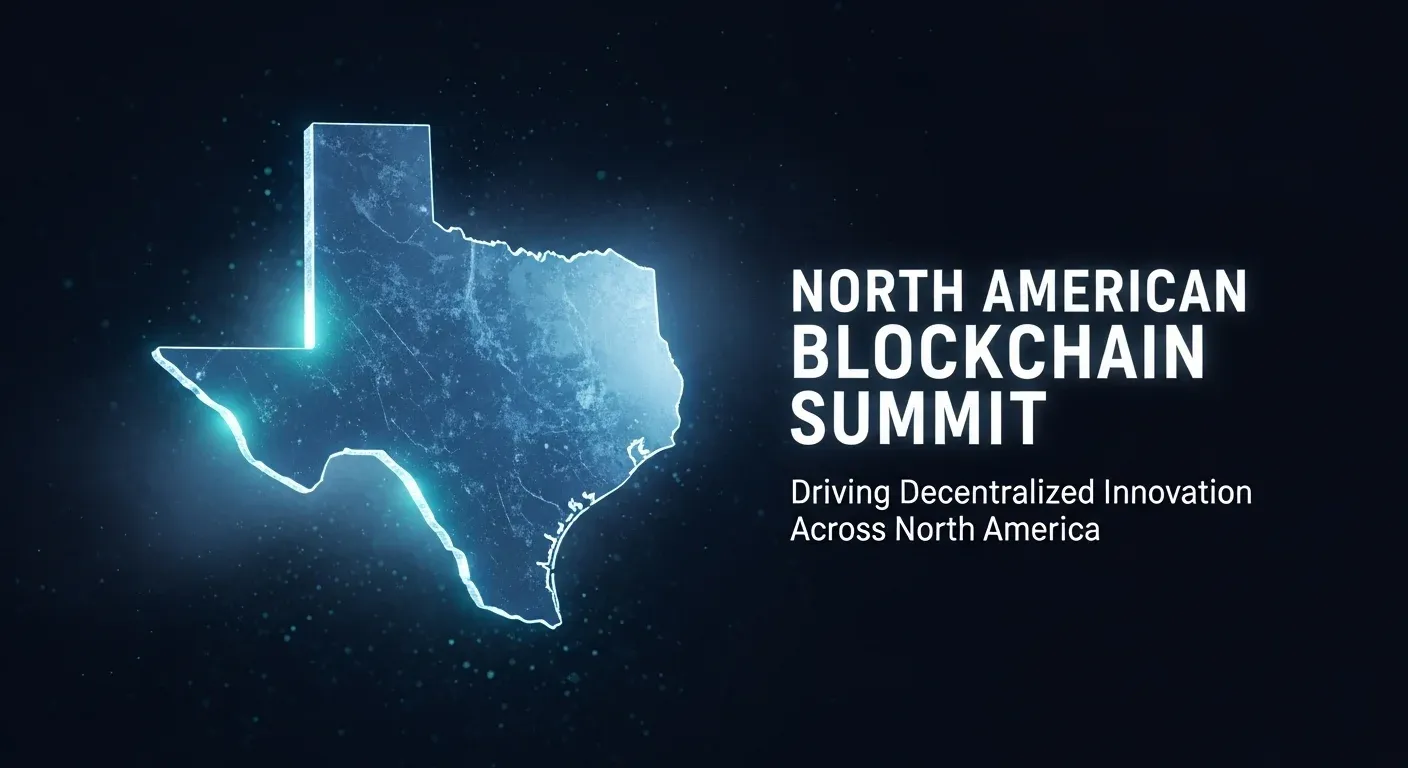

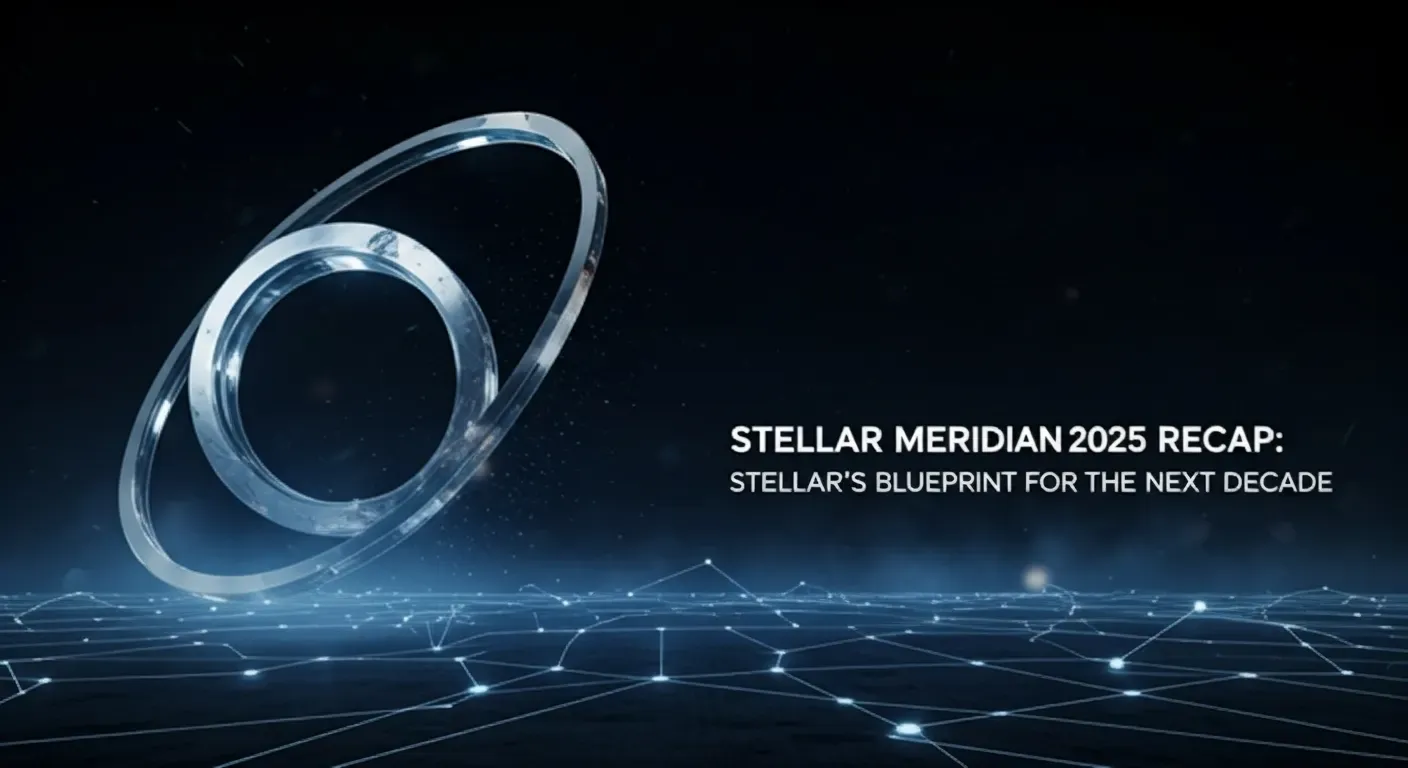
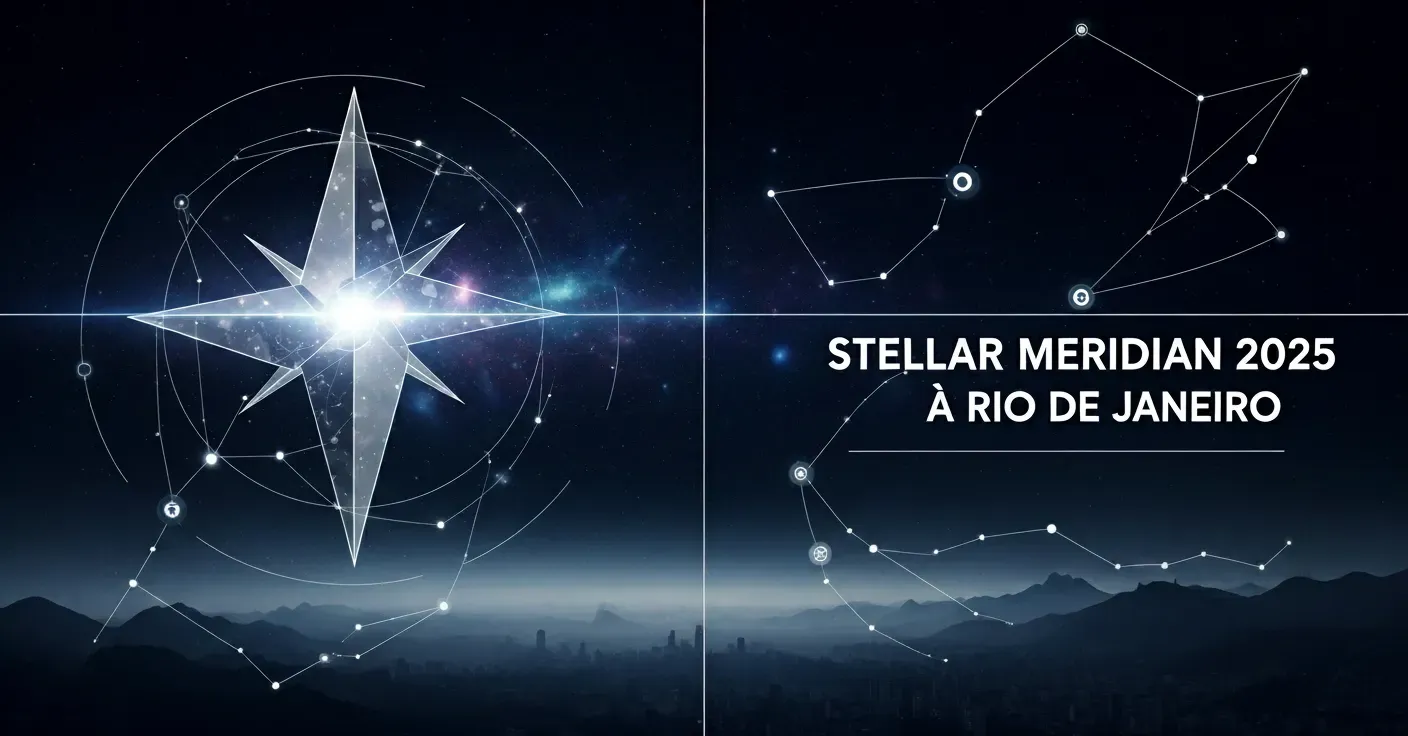
Discussion